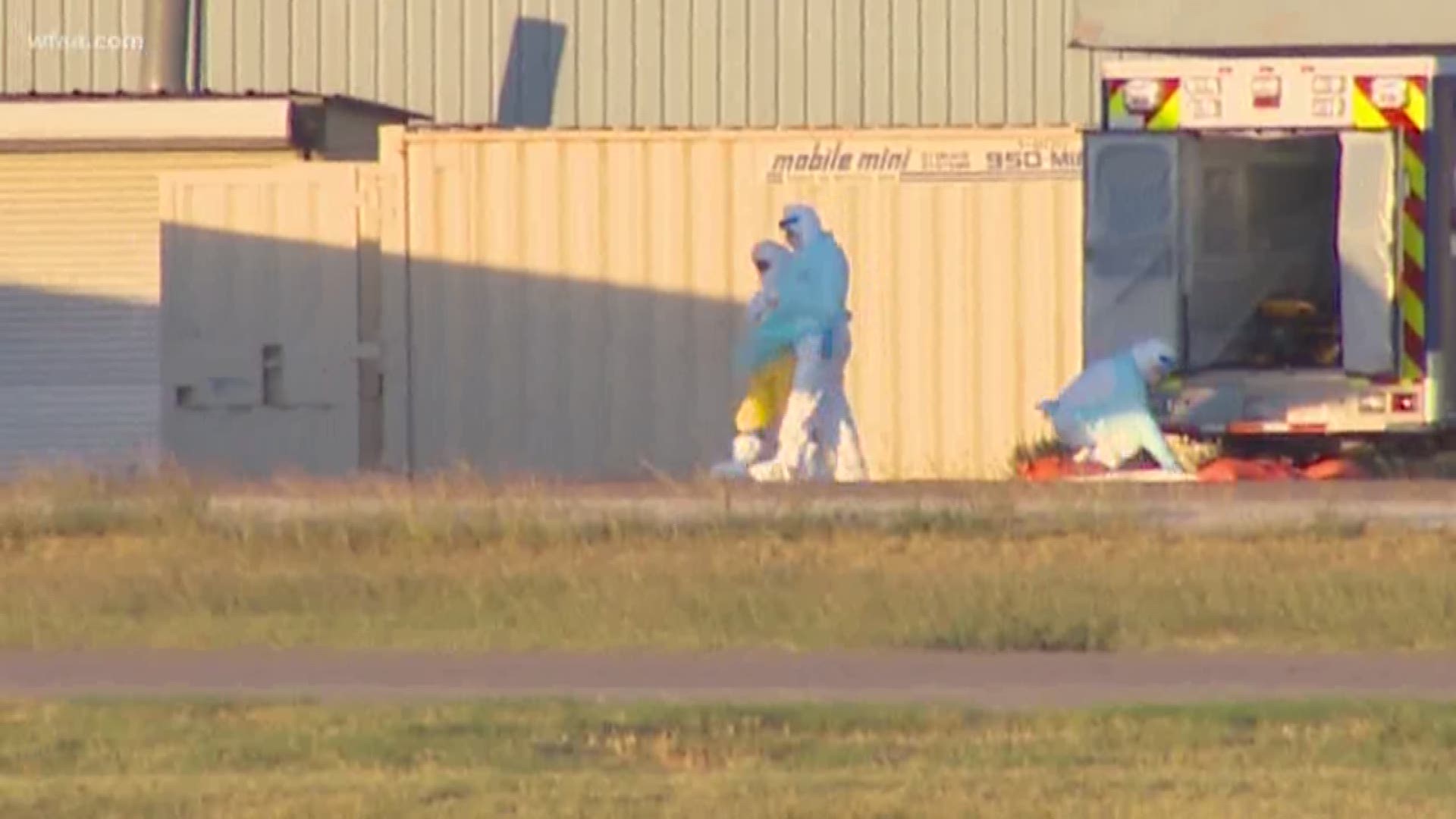DALLAS — First responders are preparing for the likely arrival of COVID-19 in North Texas.
Firefighters and paramedics are on the front lines in emergency situations, meaning they typically come into contact with sick patients.
For about 20 firefighters in Kirkland, Washington that meant they were possibly exposed to the coronavirus strain spreading across the globe.
Now, they're being held under quarantine.
First responders in North Texas don't want to see the same thing happen here, so they are taking precautions against the virus.
To be clear, there have not been any confirmed cases of COVID-19 in North Texas thus far.
"All we can really do at this point is to take some precautions when we have a patient that is suspected of having symptoms of the coronavirus,” said Charlie Abney, the vice president of the Dallas Firefighters Association.
In Dallas, 911 dispatchers are an essential part of that process.
They are asking for more information from people with respiratory problems before dispatching paramedics, using a series of questions like whether the patient has recently traveled outside the United States to determine potential risk.
If the answers indicate potential exposure, more precautions will be implemented.
"Our first responders will get a red flag if they were called to that home, and they would know to take precautions,” explained Dallas County Judge Clay Jenkins.
Dallas Fire-Rescue is now one of the better-equipped departments to deal with infectious diseases after a man and two nurses in the city were infected with Ebola in 2014.
Firefighters had to be quarantined then after they came into contact with the initial Ebola patient.
That experience has changed how crews respond and the gear they go out to calls with.
"We actually have some kits that were made up after that that have the gowns, have the shields, have things all in one package,” Abney said.
If firefighters suspect they are dealing with a coronavirus patient, they are told to immediately put a mask on the person and then put on their safety equipment.
“This time around, it’s fairly common knowledge of what we need to do,” Abney said.
Jenkins also asked that the general public not hoard masks that are needed by first responders and people who are sick.
“Please stop buying masks. They won't keep you safe. The masks in the public are mostly to be used by sick people to keep from getting others sick,” he said.

